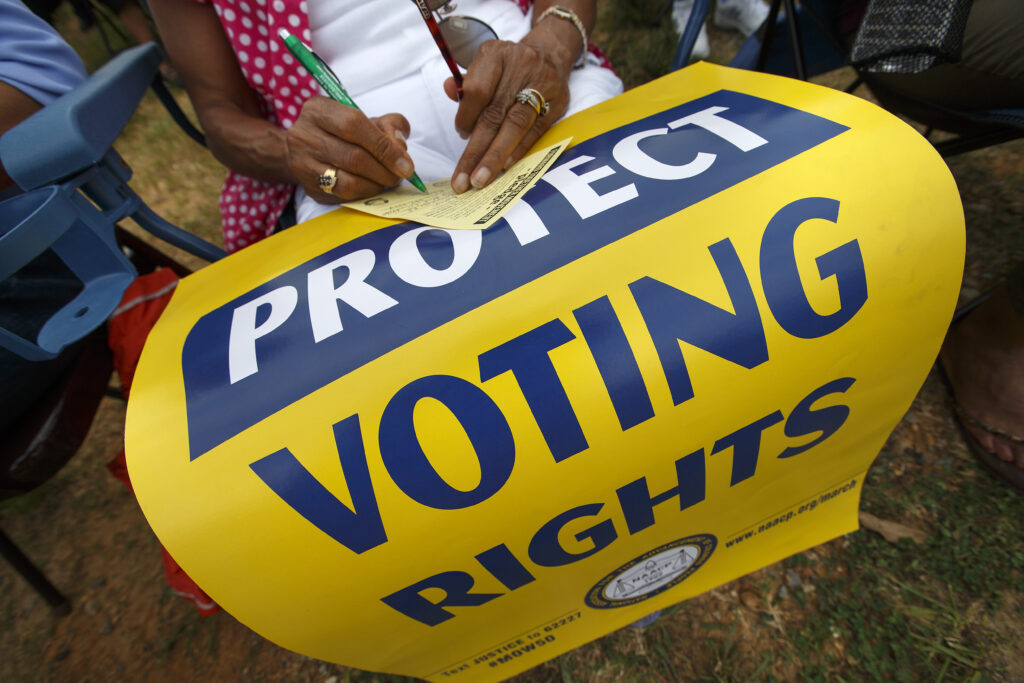8th Circuit Voting Rights Act Ruling: What It Means for Voters in Seven States
The recent 8th Circuit Voting Rights Act ruling has reshaped the landscape of voting rights enforcement across much of the Midwest. Seven states—Arkansas, Iowa, Minnesota, Missouri, Nebraska, North Dakota, and South Dakota—are now subject to new legal limitations that could directly impact minority voters and the role of private lawsuits in protecting their rights.

What Was Decided in the 8th Circuit Voting Rights Act Ruling?
On May 14, 2025, the 8th U.S. Circuit Court of Appeals reached a pivotal decision. A federal panel ruled that private individuals and groups no longer have the right to bring lawsuits under Section 2 of the Voting Rights Act within the seven states it oversees. This contrasts with decades of established legal precedent, where most lawsuits enforcing the Voting Rights Act's protections originated from private parties, not just the federal government.
The case stemmed from a challenge to North Dakota's legislative redistricting, in which Native American tribes alleged their voting power was diluted. The court found that the text of the Voting Rights Act does not "unambiguously confer an individual right," and thus private parties must rely on the U.S. Attorney General to bring such cases, if at all. For more details on the ruling and context, CNN provides a comprehensive analysis.
Legal and Historical Background
The focus of the case was Section 2 of the Voting Rights Act, an essential legal tool to prevent racial discrimination in voting practices. For years, private voters and advocacy groups have filed over 400 lawsuits using this provision. These suits have helped keep election systems fair and accessible, especially for minority communities.
The 8th Circuit ruling reverses this long-standing system. Going forward, only the U.S. Justice Department can file lawsuits alleging violations of Section 2. However, the Department's civil rights division has experienced staff shortages and policy shifts, raising concerns about the government’s ability to enforce voter protections robustly. Democracy Docket further discusses how this decision limits protections for minority voters.
Impact on Voters and Minority Representation
The immediate effect of the 8th Circuit Voting Rights Act ruling is obvious: communities that once relied on direct legal action must now hope for government intervention. Native American voters in North Dakota, whose representation was at stake in the recent redistricting, stand as the immediate casualties. Legal experts suggest that this decision, if upheld, could embolden lawmakers to enact policies previously challengeable under the Act.
Many civil rights advocates worry that the ruling could set a precedent for nationwide changes, especially if the case reaches the Supreme Court. NPR highlights how this development fits into a broader trend weakening the Voting Rights Act: read NPR’s full report here.
Future Legal Challenges and Next Steps
Legal observers expect the plaintiffs to consider appealing the 8th Circuit’s ruling, either en banc (to the full appellate court) or straight to the Supreme Court. The outcome of such appeals could decide whether the right of private enforcement remains intact across the United States or is permanently restricted to government-led actions.
As the legal landscape continues to evolve, voting rights advocates and affected communities must watch closely. The decision will shape the strategies used to defend voting rights and challenge alleged discrimination in upcoming election cycles.
Conclusion
The 8th Circuit Voting Rights Act ruling marks a critical turning point for how voting rights are protected in the Midwest. With fewer private enforcement mechanisms available, the burden shifts to federal authorities at a time of changing priorities and resources. Stakeholders and voters alike should stay informed and engaged, as further legal battles are almost certain. To dive deeper, you can explore authoritative coverage from CNN, Democracy Docket, and NPR.